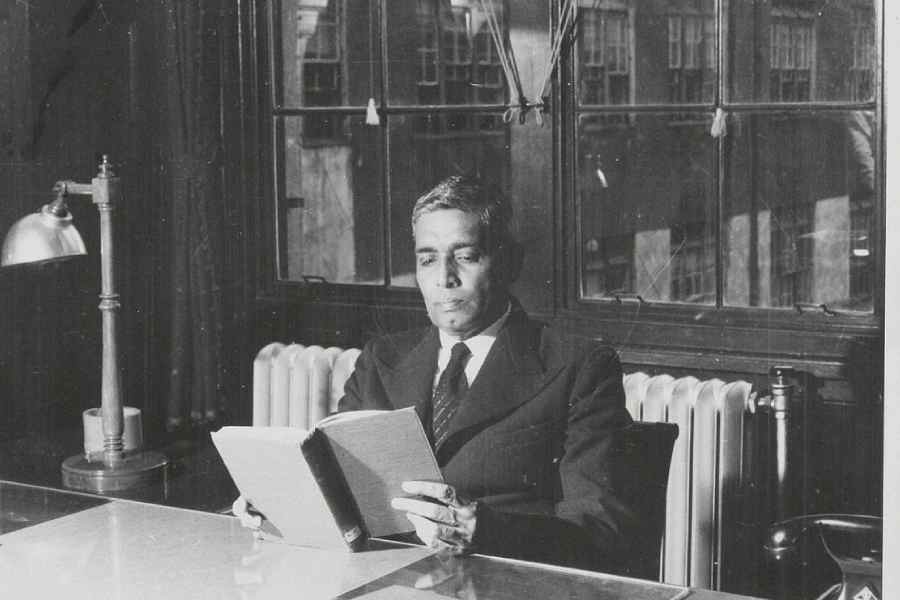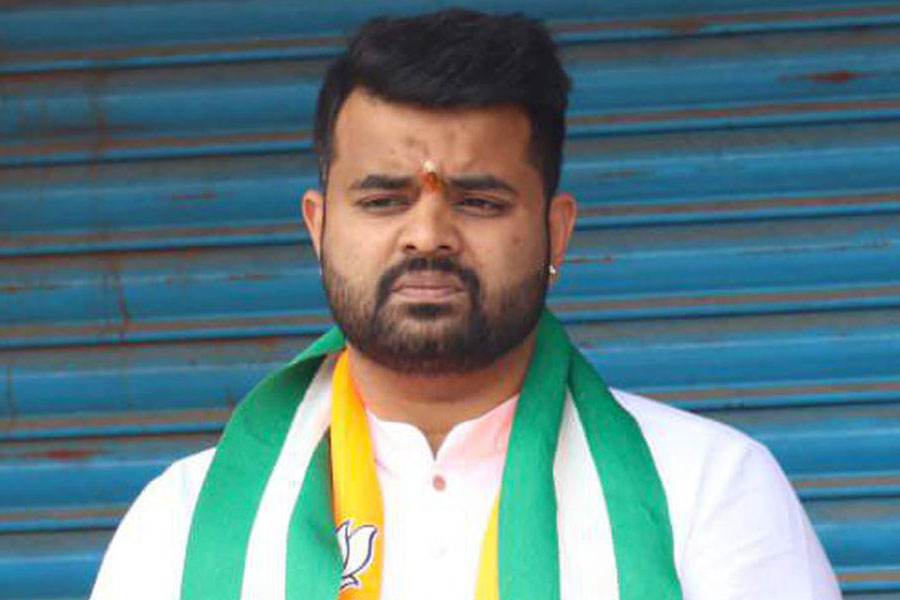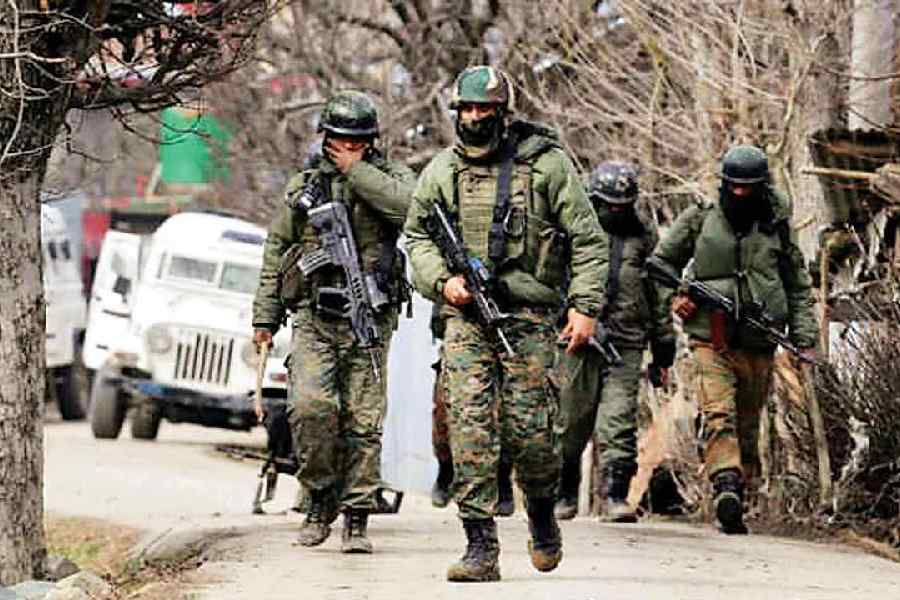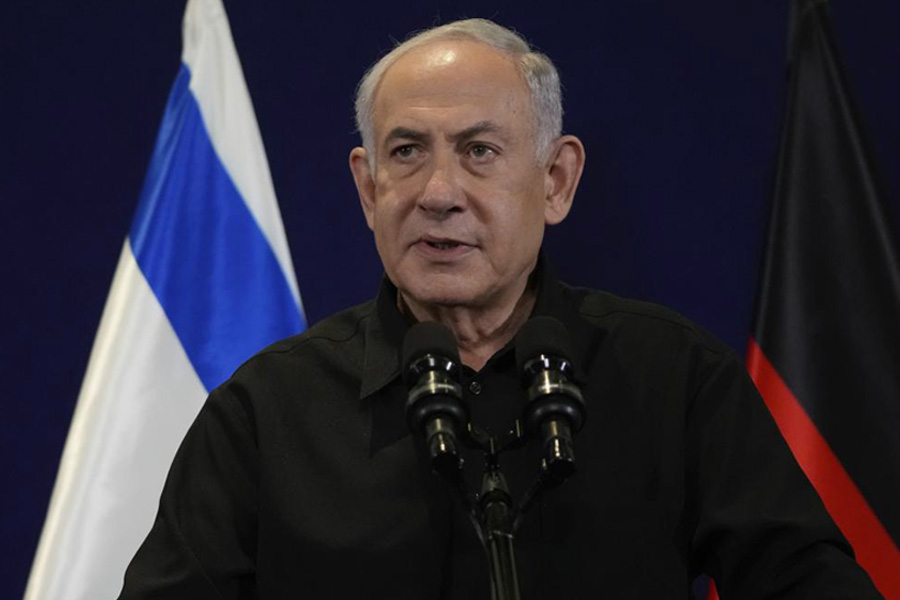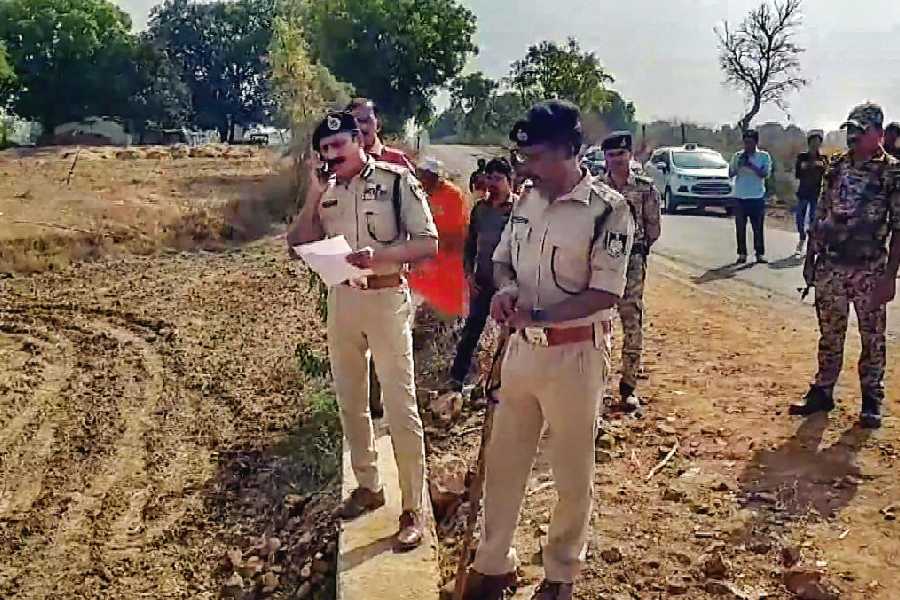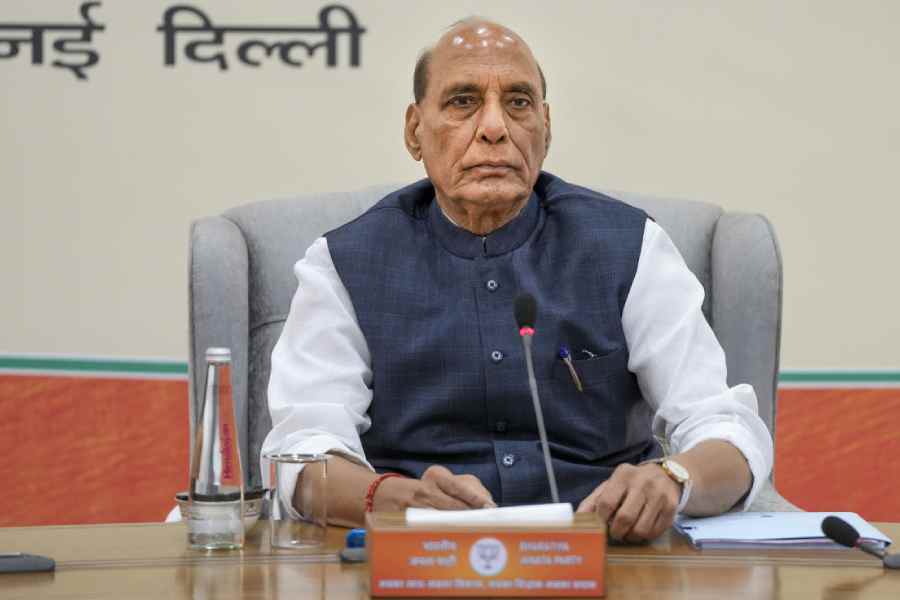Like every year, January 27, the birth anniversary of Radhabinod Pal, arguably independent India’s finest judge, passed by almost unnoticed this year as well. Pal was a member of the International Military Tribunal for the Far East, set up to prosecute Japan’s military commanders for war crimes committed during the Second World War. In a trial that was largely stage-managed by the United States of America — Japanese judges were not included, the jurisdiction of the tribunal was limited to selected Japanese actions and did not include the dropping of the atom bombs by the US in Hiroshima and Nagasaki, and the judgments were sent to General Douglas MacArthur, the supreme commander for the Allied powers in Japan, for vetting before being published — Pal was a voice of bold dissent.
He held the trial to be an illegitimate case of victor’s justice, prosecuting individuals for actions that were only made criminal after they were committed. This opinion, by an Asian judge, was sharply contrary to the majority views of the American, European and Anzac judges on the bench. His acquittal of the accused of all charges not only demonstrated the symbolic power of an independent and well-reasoned judicial opinion but also provided a nuanced counterpoint to the caricatured depiction of the lowly Asian by the colonisers on their civilising mission. Today, when decolonising agendas are dominant and independent judicial opinions perceived to be scarce, Pal’s life and work provide telling lessons.
Pal’s judgment was at once an indictment of the Tokyo Trial but, equally, a denouncement of Japanese aggression. In essence, Pal held that 25 Japanese military commanders in the dock, including General Tojo, could not be held guilty for offences such as aggression and conspiracy to commit aggression, which were not illegal actions at the time. Though they were not legally culpable, their actions, replicating the worst colonial tendencies of the European colonial powers, were condemned by Pal. But to him, the trial was not a political setting. Just because the Allied powers had converted justice into a “pursuit of vindictive retaliation”, he would not convert his judicial opinion into a political retelling of why Japan may have acted the way it did or what future peace demanded. He was a judge, neither a historian nor a campaigner for world peace.
His outlook towards the Tokyo Trial was, according to Ashis Nandy, influenced heavily by his expertise in Hindu law, a subject on which he had completed his doctoral work. The basis of Hindu law is rta, ‘the divine ordering of earthly life’. In this account, law is not an instrument for either punishment or deterrence, but rather the impulse to act from within, according to a divine sense of right. This is why, in his judgment, Pal kept coming back to the fact that if any action can be rightly described as a war crime, it would have to be the dropping of the atom bombs by the Americans, an act beyond the remit of the trial. This was not to absolve the Japanese of their responsibility. Instead, it was an appeal to the Americans to look for the divine impulse of right and wrong within them, rather than solely punishing the Japanese for their actions.
This is not law in the social contract or monopoly over violence sense as understood in classic Western legal philosophical accounts. This is, as Nandy puts it, to see law in a “historical-evolutionary frame”. That frame cannot be a single one for the whole world, as became the case at the Tokyo Trial. For Pal, law was culturally contingent, and international law had to accommodate cultural diversities to be legitimate. This, for him, was the logically consistent outcome of the fundamentals of Hindu law — cultural diversity not sameness, mutual respect not hegemony.
At a time when India finds itself in the midst of an overt decolonisation campaign that seeks to remove traces of colonial rule from its cities and laws, we would be wise to heed Pal’s counsel. We should not fall into the Japanese folly of responding to colonisation with the colonisation of one’s own, meeting violence with violence, countering racial superiority with similarly vacuous claims of one’s own. We must speak a different language from the West and imperialist Japan, not the same language differently.
Pal’s stridently dissenting stand did not endear him to the newly-formed government of independent India either. Jawaharlal Nehru saw Pal’s pro-Japanese judgment as replete with “wild and sweeping statements” and worked diplomatically to distance the Government of India from them. While Pal may have been a tad carried away in finding every act of Japanese aggression as ultimately attributable to a prior act of a Western power or the overarching frame of colonialism, his fierce independence meant his home government, as well as the occupation government of the Americans that had confirmed his appointment, was displeased in equal measure.
The fact that he backed up his philosophy with a not-guilty verdict for all defendants has lessons for what genuine independence of the judiciary means — a careful parsing of the law, a ringing declaration of right and wrong, and a tangible remedy to back up that declaration. This understanding of judicial independence is Pal’s abiding legacy for the judicial profession in India — of a judge who could speak his mind, act autonomously, clearly distinguish right from wrong, and not seek rewards from government. His fierce independence understandably earned him the love and the gratitude of the Japanese people, including a memorial in a commemorative Shinto shrine complex in the heart of Tokyo.
But in his home country today, he is a largely forgotten man. Not only are there no well-known memorials to him but his academic scholarship is also hard to procure, his life is unknown to most, and his landmark dissent in the Tokyo Trial a mere footnote in the history of the legal profession in India.
It is time this changed. I urge the GoI and the Supreme Court of India to start honouring him by celebrating January 27 every year as Judicial Independence Day. Though delayed, this would be a well-timed remembrance of Pal’s life and work.
Arghya Sengupta is Research Director, Vidhi Centre for Legal Policy. Views are personal

